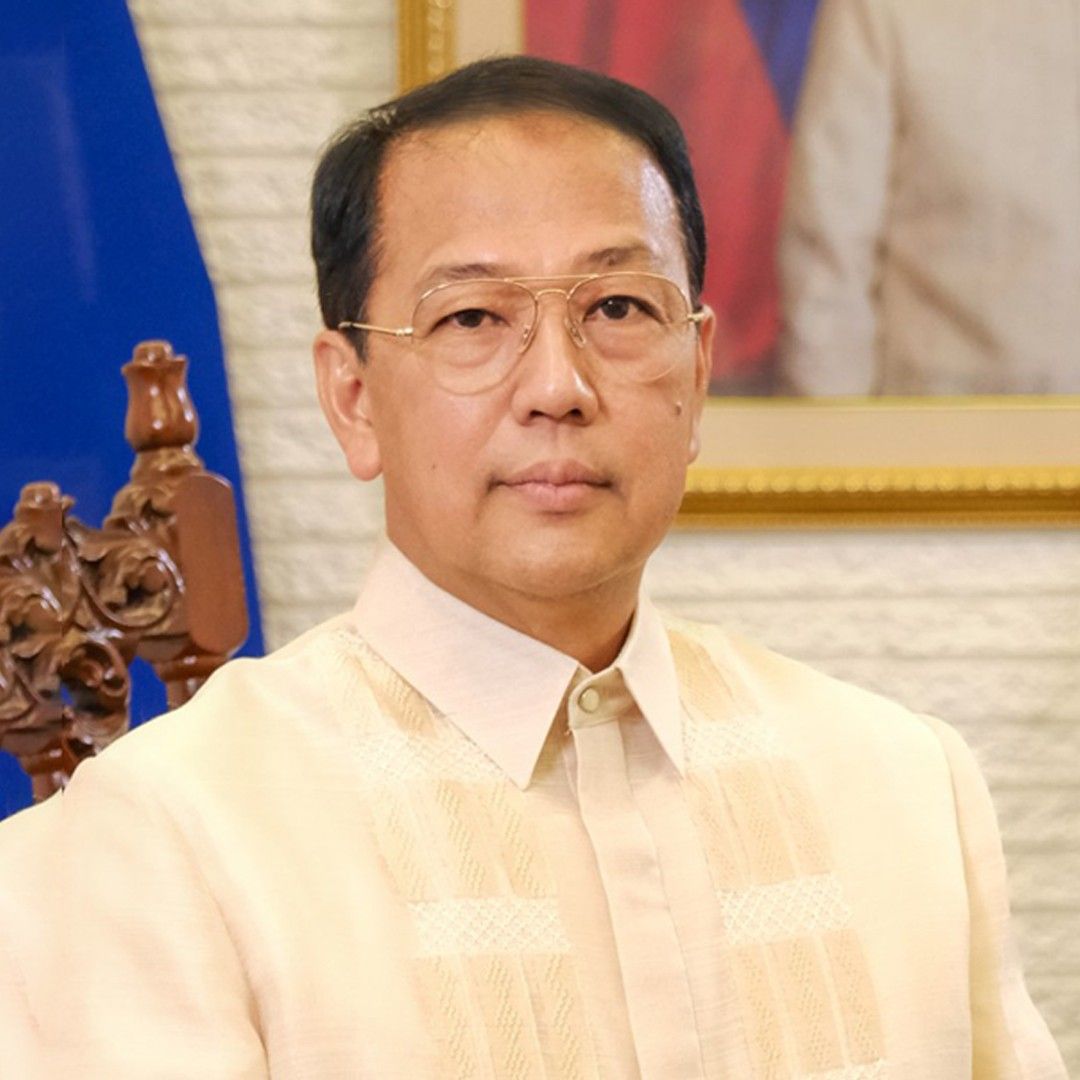PEACE BY PEACE

(This is Part 2 of my speech during the recent International and Private Partnership Forum that was organized by the Office of the Presidential Adviser on Peace, Reconciliation and Unity.)
Impact of international community interventions
At this juncture, I would like to acknowledge some recent notable contributions generously made by our international development partners to our country’s peace process.
To the Japan International Cooperation Agency (JICA), Korea International Cooperation Agency (KOICA), and the United States Agency for International Development (USAID), for the recent tripartite signing of the memorandum of cooperation for the $26 million worth project on advancing primary health care towards universal health care in the BARMM.
Japan, through its embassy here in the Philippines, for its cross-cutting programs and projects in the Bangsamoro such as the $5 million - worth farm-to-school meals project with the UN World Food Programme; and the ASPIRE program, also worth about $5 million, implemented with the United Nations Development Programme, on small arms and light weapons management (SALWM), which has seen extremely successful outcomes especially in the Province of Basilan.
The delegation of the European Union is currently implementing programs that are transforming the region into a show window of peace and development in Mindanao, such as the peace and development in the BARMM or PD-BARMM (worth 35.1 million Euros), support to Bangsamoro transition or SUBATRA (worth 26 million Euros), and the Bangsamoro Agri-Enterprise Programme or BAEP (worth 20.2 million Euros).
The United States of America, through the US State Department, USAID, and the United States Institute for Peace (USIP), has been carrying out multiple lines of effort in the Bangsamoro.
The OPAPRU together with the US Department of State recently signed a memorandum of understanding (MOU) establishing the Center of Excellence on WPS in the Philippines.
The Australian government, which has recently launched its five-year development partnership plan, which is focused on implementing peacebuilding programs to improve security, education, and good governance in the Bangsamoro.
Meanwhile, the government of Turkiye is supporting the decommissioning process for Moro Islamic Liberation Front (MILF) combatants to ensure that both GPH and MILF will be able to fulfill the commitments they have made under the CAB.
International peace partners such as EU, Norway, Japan, Malaysia, Australia, UK, Brunei, US, and other international organizations are closely monitoring the developments of the implementations of the CAB and the current engagements with the Communist Party of the Philippines/ New People’s Army/National Democratic Front. In parallel, the member countries of the Organization of Islamic Cooperation (OIC) are also helping the peace process between the government and the Moro National Liberation Front (MNLF).
The Korean government is implementing health-related interventions as well as helping to boost agriculture and agribusiness in the BARMM. The Panguil Bay bridge, fully financed by the South Korean government, was inaugurated in September of this year.
The civil-society organizations, academe, and international non-governmental organizations who continue to carry out their projects in the BARMM and other areas together with UK, Canada, Spain, Germany, France, and UN organizations.
And to all other countries, we are very thankful for the unwavering commitment and support you have given to our country.
Conclusion
Moving forward, our peace agency has several ambitious targets that we hope to achieve in the coming years. First, most of you have perhaps heard about our proposal to create a Department of Peace. Our vision is to institutionalize and consolidate the country’s peace agenda in order to ensure continuity across all our peace and development initiatives.
We are also in the initial stages of establishing the National Peace Institute as we were given the go signal from Secretary Amenah Pangandaman from the Department of Budget and Management (DBM).
And of course, we also aim to operationalize the WPS center of excellence and incorporate the implementation of the respective national action plans on the youth and indigenous people in peace and security.
Furthermore, we will also continue to support former rebels through the implementation of the localizing normalization implementation initiative. This is among our key peacebuilding initiatives to ensure a more effective implementation of the normalization program at the community level.
It is our hope that all of you, our international and private sector partners, will be able to lend your support to these initiatives. Indeed, the comprehensive Philippine peace process is in a better state because of your continued support and steadfast cooperation.
And in the words of American novelist Flannery O’connor, “everything that rises must converge.”
Thank you very much to all of you and we look forward to engaging all of you in the near future! Maraming salamat at mabuhay po tayong lahat!
(Secretary Carlito G. Galvez, Jr. is the presidential adviser on peace, reconciliation, and unity.)